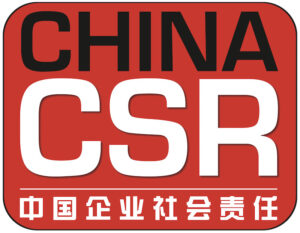The U.S. Securities and Exchange Commission charged IBM with funneling gifts, cash, and entertainment to government officials in South Korea and China.
Specifically, IBM was charged with violating the books and records and internal control provisions of the Foreign Corrupt Practices Act of 1977 as a result of the provision of improper cash payments, gifts, and travel and entertainment to government officials in South Korea and China.
According to the SEC, from at least 2004 to early 2009, employees of IBM (China) Investment Company Limited and IBM Global Services (China) Company Ltd., both wholly-owned IBM subsidiaries via an entity in Hong Kong, engaged in a widespread practice of providing overseas trips, entertainment, and improper gifts to Chinese government officials. The SEC stated that the company engaged in similar malfeasance from 1998 to 2003 in Korea.
Without admitting or denying the SEC's allegations, IBM consented to the entry of a final judgment that permanently enjoins the company from violating the books and records and internal control provisions of the FCPA. IBM also agreed to pay disgorgement of USD5.3 million, USD2.7 million in prejudgment interest, and a USD2 million civil penalty.
The SEC's complaint outlines how IBM's China employees and its local travel agency worked together to create fake invoices to match approved trips for government officials to take business-related trips. However, the SEC claims that these trips often had little business-related value.
In addition, IBM-China employees created slush funds at its business partners to provide a cash payment and improper gifts, such as cameras and laptop computers, to Chinese government officials. The SEC says IBM failed to record accurately these payments in its books and records.

